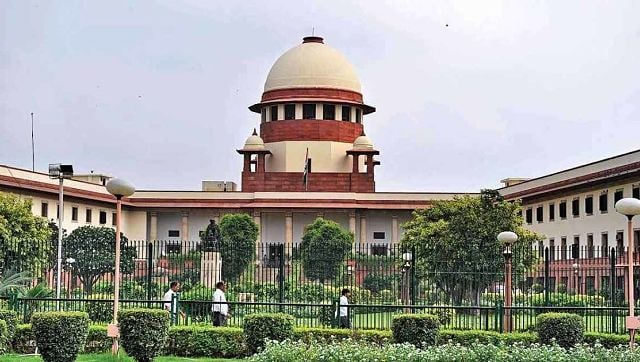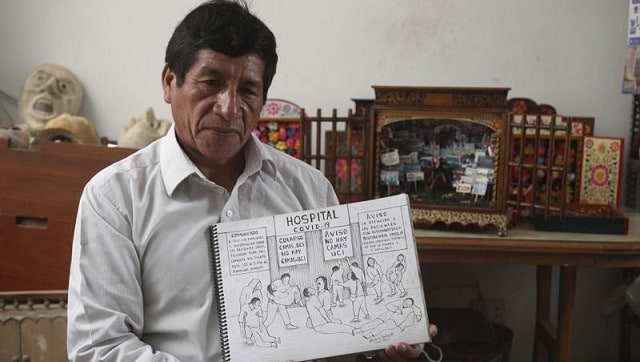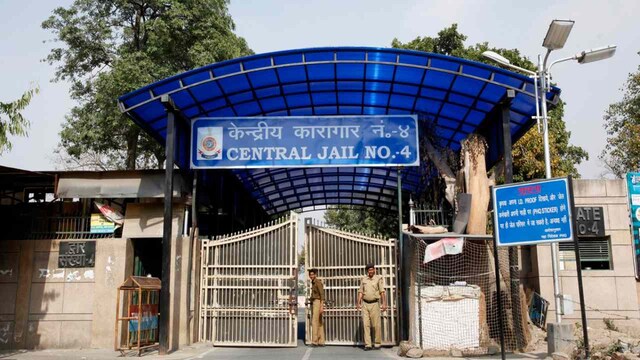SC stays Allahabad HC order stating entire medical system in UP villages at 'Ram bharose'
A vacation bench of Justices Vineet Saran and BR Gavai said that the 17 May order of the high court shall not be treated as directives but an advice to the Uttar Pradesh government

File image of the Supreme Court of India. PTI
New Delhi: The Supreme Court on Friday stayed order of Allahabad High Court in which it said that entire medical system in villages and small cities of Uttar Pradesh is at God's mercy ("Ram bharose") amid the COVID-19 pandemic.
pandemic.
A vacation bench of Justices Vineet Saran and BR Gavai said that the directions of high court passed on 17 May shall not be treated as directives but an advice to Uttar Pradesh government.
It said that high courts should refrain themselves from passing directions which cannot be implemented.
On 17 May, the Allahabad High Court while hearing a PIL over the coronavirus spread and the condition of quarantine centres in the state passed slew of directions while taking into account the death of one Santosh Kumar (64), who was admitted to an isolation ward at a Meerut hospital.
spread and the condition of quarantine centres in the state passed slew of directions while taking into account the death of one Santosh Kumar (64), who was admitted to an isolation ward at a Meerut hospital.
The doctors there had failed to identify him and disposed of the body as unidentified, according to a probe report.
Santosh had fainted at a hospital bathroom on 22 April and efforts were made to revive him but he died. The hospital staff could not identify the dead and failed to locate his file. Thus, it was taken as a case of an unidentified body.
also read

In a new book, a Peruvian artist publishes 100 drawings documenting the country's COVID-19 crisis
“Each drawing tells a story that had an impact on me,” says the artist, who drew 750 sketches and selected 100 of them for a book called New Coronavirus and Good Government.

Al-Qaeda man in Tihar jail seeks court's nod to work as doctor, help prison authorities deal with COVID-19 cases
Sabeel Ahmed, member of banned terrorist outfit Al-Qaeda in the Indian Sub-Continent (AQIS), was arrested on 22 February by the special cell of Delhi Police

SC constitutes 12-member task force for 'transparent, professional' allocation of oxygen, resources
Stating that the likely future course of the COVID-19 pandemic must be taken into contemplation at the present time, the Supreme Court said that the task force will enable decision makers to have inputs which go beyond finding ad-hoc solutions to the present problems